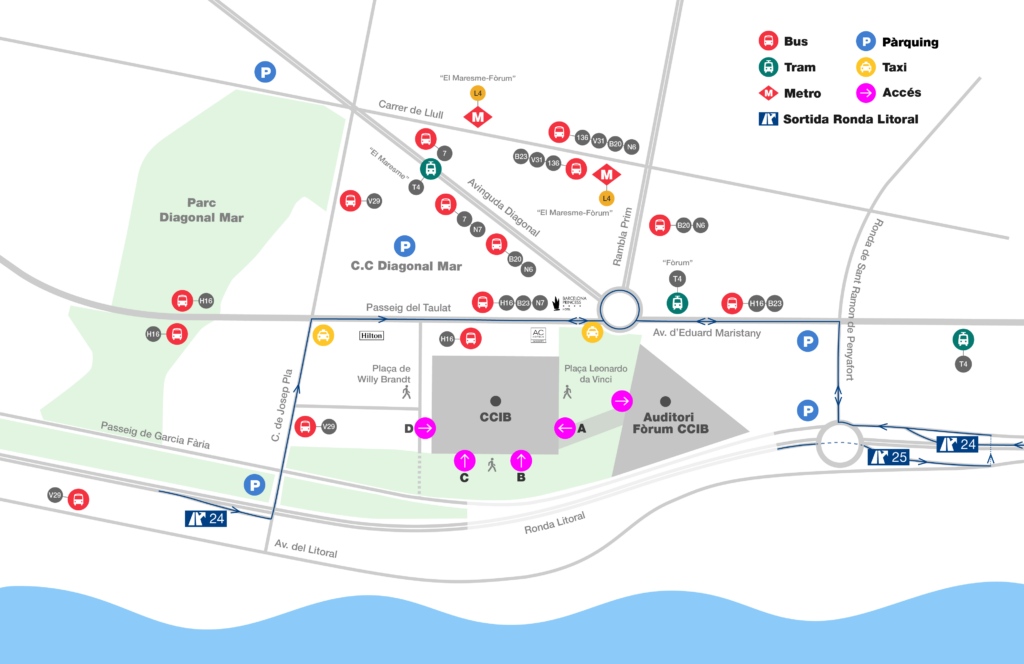Aquest lloc utilitza tecnologies de tracking de llocs web de tercers per proporcionar i millorar contínuament els nostres serveis i per mostrar anuncis segons els interessos dels usuaris. Accepto i puc revocar o canviar el meu consentiment en qualsevol moment amb efecte per al futur.
L'emmagatzematge o accés tècnic és estrictament necessari amb la finalitat legítima de permetre l'ús d'un determinat servei sol·licitat explícitament per l'abonat o usuari, o amb l'única finalitat de realitzar la transmissió d'una comunicació a través d'una xarxa de comunicacions electròniques.
The technical storage or access is necessary for the legitimate purpose of storing preferences that are not requested by the subscriber or user.
L'emmagatzematge o accés tècnic que s'utilitza exclusivament amb finalitats estadístiques anònimes. Sense una citació, el compliment voluntari per part del vostre proveïdor de serveis d'Internet, o registres addicionals d'un tercer, la informació emmagatzemada o recuperada només amb aquesta finalitat no es pot utilitzar normalment per identificar-vos.
L'emmagatzematge o accés tècnic que s'utilitza exclusivament amb finalitats estadístiques anònimes. Sense una citació, el compliment voluntari per part del vostre proveïdor de serveis d'Internet, o registres addicionals d'un tercer, la informació emmagatzemada o recuperada només amb aquesta finalitat no es pot utilitzar normalment per identificar-vos.
L'emmagatzematge tècnic o l'accés són necessaris per crear perfils d'usuari per enviar publicitat o per fer el seguiment de l'usuari en un lloc web o en diversos llocs web amb finalitats similars de màrqueting.

